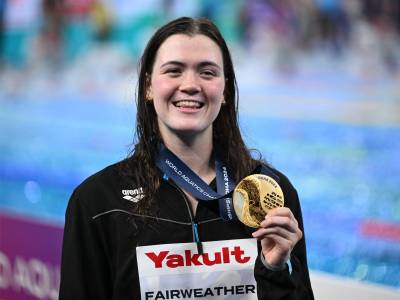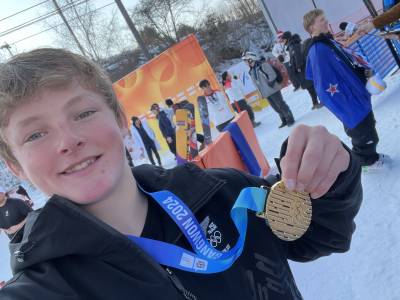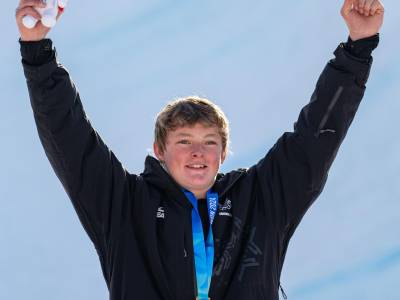The athletics programme showcases feats of superhuman speed, strength, endurance and agility. With events ranging from ten seconds to two days in duration, there will be no shortage of memorable moments.
Athletics comprises a packed programme of events that are certain to keep viewers in the stadium and around the world gripped.
On the track, you can enjoy everything from the breathless excitement of the 100m sprint to the lung-busting intensity of the 10,000m, while the action will also hit the streets of Birmingham in the Games’ ultimate test of endurance, the marathon.
On the field, throwers of javelins, hammers, the discus and the shot will look to go the distance in their own battles for supremacy, while athletes will make a leap for a podium place in the long jump, triple jump, high jump and pole vault.
If that isn't enough, the multi-event decathlon and heptathlon see athletes looking to emerge victorious from a range of events, testing their capabilities to the very limit.
Previous Commonwealth Games Appearances
Regarded as the cornerstone of any Games, athletics has featured at every event since the Commonwealth Games began back in 1930.
New Zealand Olympic Medals
New Zealand have had a rich history of success in Athletics at the Olympic Games with seven medals in the 1500m event and six in Shot Put. Some of our well known medalists include:
Track Events
- Harry Kerr - 3,500m Walk (Bronze) - London 1908
- Arthur Porritt - 100m (Bronze) - Paris 1924
- John Holland - 400m Hurdles (Bronze) Helsinki 1952
- Norman Read - 50km Walk (Gold) - Melbourne 1956
- Sir Murray Halberg - 5000m (Gold) - Rome 1960
- Sir Peter Snell - 800m (Gold x 2), 1500m (Gold) - Rome 1960, Tokyo 1964
- Barry Magee - Marathon (Bronze) - Rome 1960
- Marise Chamberlain - 800m (Bronze) - Tokyo 1964
- John Davies - 1500m (Bronze) - Tokyo 1964
- Mike Ryan - Marathon (Bronze) - Mexico City 1968
- Rod Dixon - 1500m (Bronze) - Munich 1972
- John Walker - 1500m (Gold) - Montreal 1976
- Dick Quax - 5000m (Silver) - Montreal 1976
- Lorraine Moller - Marathon (Bronze) - Barcelona 1992
- Nick Willis - 1500m (Silver, Bronze) - Beijing 2008, Rio 2016
Field Events
- Jack Lovelock - 1500m (Gold) - Berlin 1936
- Dame Yvette Williams - Long Jump (Gold) Helsinki 1952
- Dame Valarie Adams - Shot Put (Gold x 2, Silver, Bronze) 2008-2020
- Tom Walsh - Shot Put (Bronze x 2) - Rio 2016, Tokyo 2020
- Eliza McCartney - Pole Vault (Bronze) - Rio 2016
Tweet Share
Athletics Games History
-
Commonwealth Youth Games Trinidad 2023
-
Commonwealth Games Birmingham 2022
2 2 2 -
Olympic Summer Games Tokyo 2020
2 -
Olympic Summer Youth Games Buenos Aires 2018
1 -
Commonwealth Games Gold Coast 2018
2 4 -
Commonwealth Youth Games Bahamas 2017
1 3 2 -
Olympic Summer Games Rio 2016
1 3 -
Commonwealth Youth Games Samoa 2015
-
Olympic Summer Youth Games Nanjing 2014
-
Commonwealth Games Glasgow 2014
1 2 2












